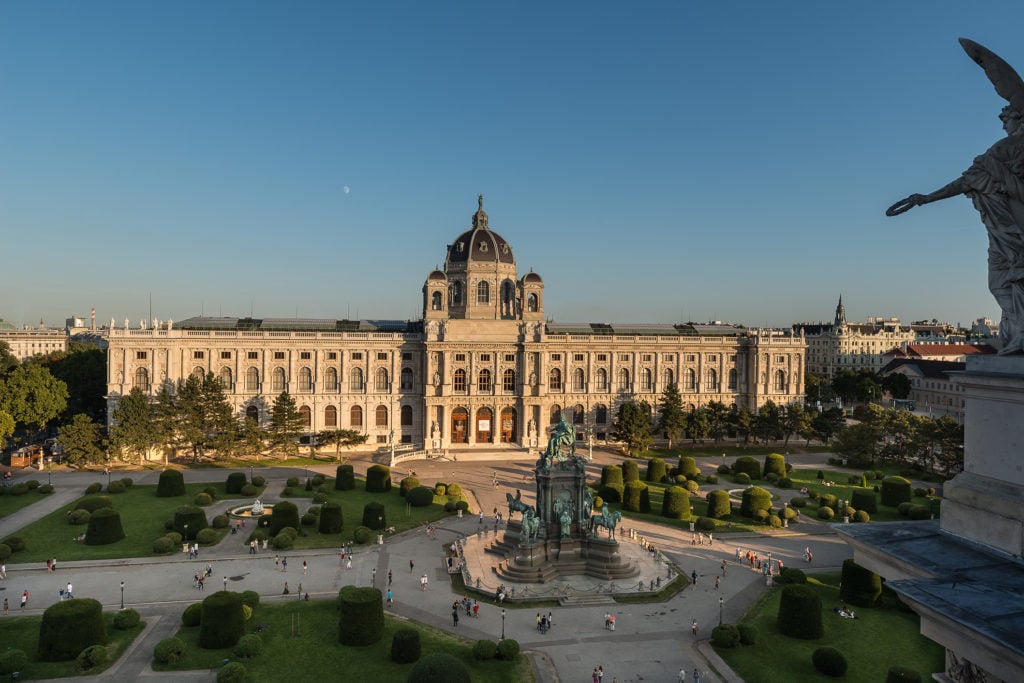Museums & Institutions
Museums in Austria Will Close on Monday as the Country Heads Back Into Lockdown Amid a New Surge of Covid Cases
Financial aid for institutions and artists will be extended into 2022, the culture minister said.

Financial aid for institutions and artists will be extended into 2022, the culture minister said.

Vivienne Chow

Museums and other cultural venues in Austria will be closed to the public from Monday, November 22, as the country becomes the first in Europe to go back into full lockdown amid a surge in Covid cases.
Financial aid for the culture sector, including non-profits and artists, will be extended and increased, Andrea Mayer, State Secretary for Art and Culture, told the media on Friday, calling the potential impact of the lockdown on the country’s culture sector “another setback that cannot be glossed over.”
Funding for non-profits will receive an additional €125 million ($140.9 million) and be extended to the first quarter of 2022. Financial aid for artists under Austria’s social insurance scheme has also been extended to the first quarter of next year at least, with the total fund raised to €170 million ($192 million). And each applicant will be able to request up to €1,000 during the lockdown months.
The national lockdown is expected to last for “a maximum of 20 days,” said the Austrian chancellor Alexander Schallenberg at a press conference. The decision comes just days after the country imposed a lockdown on unvaccinated residents. The country is currently experiencing one of the highest infection rates on the continent, recording 15,145 new cases on Friday. The latest data showed a seven-day incidence of 990 cases per 100,000 people, the BBC reported.
“This is not easy for us, but in view of the number of infections, we have to take such measures… It hurts me to impose any restrictions,” Schallenberg said. “We don’t want a fifth wave.”
Austria will also be the first country in Europe to make vaccination mandatory from February 1, the authorities said on Friday, and those who fail to do so will face a penalty. About 65 percent of the population has been fully inoculated, among the lowest national rates in Europe.
From Monday, Austrians will have to work from home, and non-essential shops, restaurants, cultural venues and events will close. Schools will return to distance learning. A review of the lockdown measures will take place after 10 days, and the chancellor assured residents that restrictions on the vaccinated will be lifted after December 13.
Other countries in Europe, such as the Czech Republic, Slovakia, and Germany, are also tightening their restrictions on unvaccinated people in response to the surge in cases in the region, allowing only those who have received a full dose of the vaccine or recovered from the virus to go to cultural events, restaurants and sports events. Germany has warned that a full lockdown may be implemented there as well to curb rising cases.